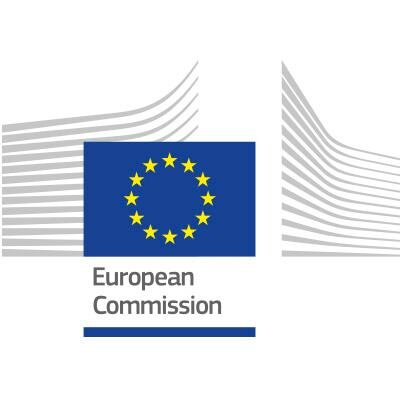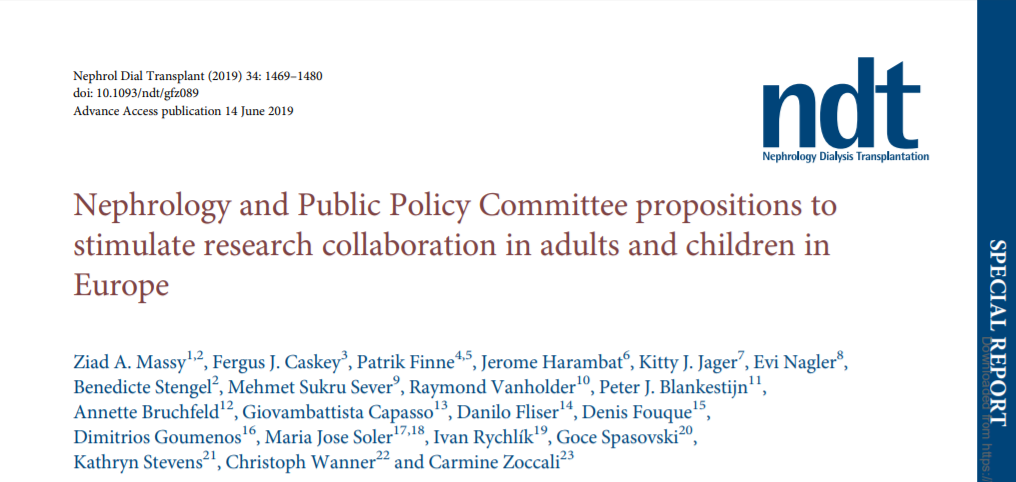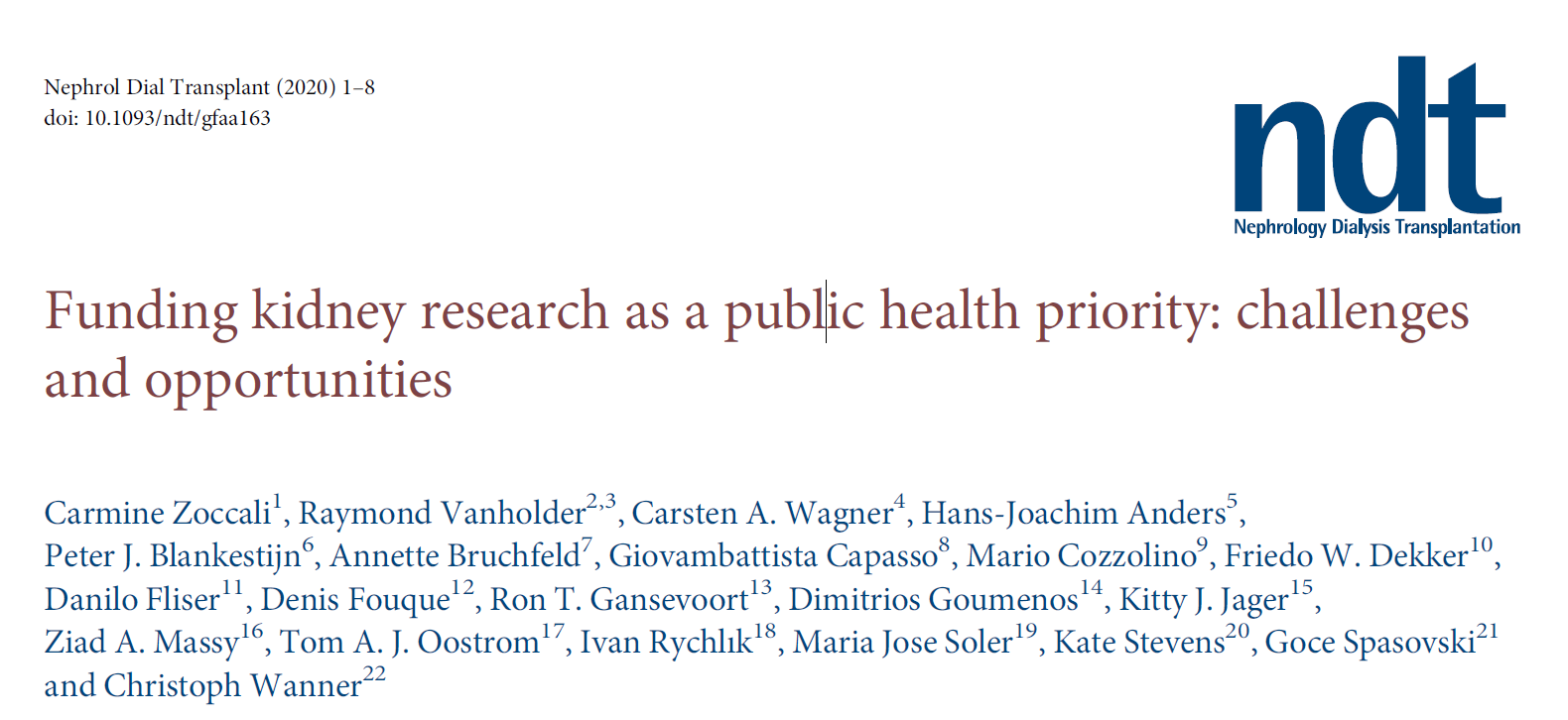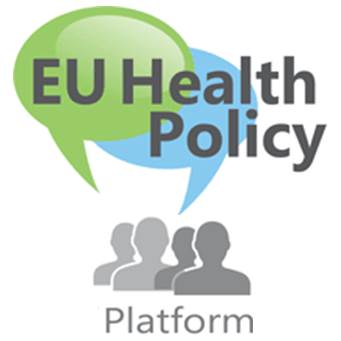Better managing patients with CKD and increasing awareness of kidney disease: the Austrian 60/20 program
The Austrian Society of Nephrology (ÖGN) has just launched the 60/20 program, with the aim of increasing awareness of chronic kidney disease (CKD) and improving the management of CKD-diagnosed patients in Austria. The name of the initiative refers to the eGFR levels (glomerular filtration rate, measuring a person’s kidney function and enabling to determine the stage of kidney disease) at which specific interventions will be required in patients (60 and 20). The program focuses on a threefold set of goals: screening for CKD in high risk populations; structured care for patients with CKD; and timely preparation for renal replacement therapy.
Screening for CKD in high risk populations
High risk populations which will be offered a screening test are defined as people aged between 40-65 and showing one of the following factors: hypertension, diabetes, obesity or positive family history for kidney disease.
Structured care for patients with CKD
Any patient with an eGFR below 60 ml/min/1.73 m² would receive structured CKD care. On a case-by-case basis, the patient will undergo further diagnostic investigations by a nephrologist. Therapeutic interventions (i.e cholesterol-lowering treatment, dietetic counseling) are initiated. In case of a eGFR level below 30 ml/minx1.73 m², patients will receive medical attention closely combining a general practioner and a nephrologist to prevent any complications.
Timely preparation for renal replacement therapy
When eGFR levels drop below 20 ml/min/1.73 m², the patient will receive a preparation for renal replacement therapy in a nephrology unit. This includes information about treatment modalities (hemodialysis, peritoneal dialysis, transplantation) and conservative management. Early referral enables to make a joint decision between the patient and the physician on the selection of the optimal treatment.
Initiated in a “pilot” province of Austria, the program is expected to extend to other provinces prior to being assessed in close cooperation with other disease management programs for diabetes and heart disease.











